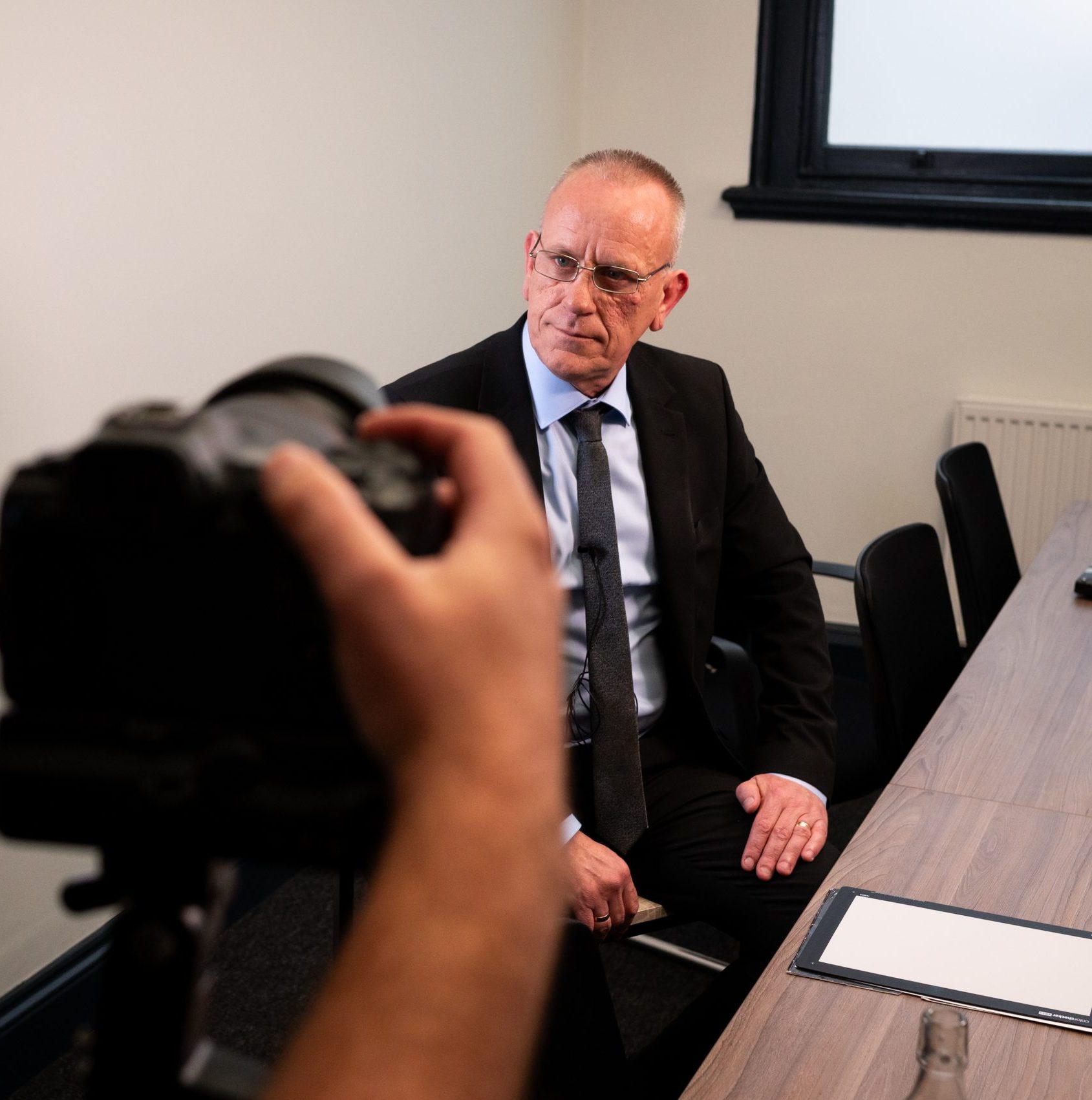Where there’s a will, there’s a way!
New research reveals almost half (46%) of people with a will haven’t updated it for more than five years. Experts recommend a will is reviewed and updated every five years, or when a major change in your life takes place.
The YouGov research commissioned by SFE (Solicitors for the Elderly) shows that over a third of people (33%) haven’t updated their will for more than 7 years, and over a fifth (24%) haven’t dusted it off in more than a decade.
John-Paul Dennis, a solicitor at Astraea Linskills legal practice on Castle Street in Liverpool, is accredited by SFE having undertaken additional training to specialise in supporting people, including older and vulnerable people, with wills, powers of attorney, trusts, tax planning and care home fees planning.
He warns that an outdated will could cause severe implications for loved ones – including missed inheritances and higher inheritance tax fees:
“Having an up-to-date and well drafted will is crucial to ensure your wishes are carried out in the way you’d like when you die. I recommend a will is reviewed and updated every five years, or when a major change in your life occurs that impacts you or your loved ones, such as divorce, marriage, a new birth or even death in the family.
“Many people assume that once you have drafted a will you don’t need to review it, and that your wishes will be carried out as you wish them to be posthumously – but unfortunately, that’s not true.
“If you remarry, for example, your will gets revoked. Or if you marry into a family and have stepchildren that you’d like to inherit your assets, this won’t happen automatically unless you stipulate it in a new will. All these details are crucial to avoid family disputes – which we know can be very distressing for loved ones.”
The research highlighted that almost a third (30%) of people with a will have had significant changes to their lives and circumstances since they drafted it. It also revealed many people believe common myths about wills:
- Only 16% of brits realise that remarrying invalidates a will.
- Less than a third (31%) of people realise stepchildren won’t be included in your will unless you stipulate that separately.
- 17% of people wrongly think you can update your will by making changes on the original document and initialling them.
Some 53% of people in the East of England don’t have a will in place at all.
Lakshmi Turner is CEO of SFE, she says: “Wills are a powerful legal document and too often people don’t have one in place, don’t keep it up to date, or don’t realise that it’s badly drafted. All these things can have a terrible impact on families. It’s really important to find a solicitor who specialises in this area of the law – always look for the SFE stamp.”
To find out more visit: https://www.a-l.law/
Notes to editor
SFE (Solicitors for the Elderly) was founded in 1996 and is a national organisation of more than 1600 lawyers in the UK who support older and vulnerable people. SFE members receive expert training and best practice guidance to keep them up to date with developments in the sector.
In March 2022 YouGov polled 4,487 British adults for SFE (of those 2,943 are aged 40+). Of those, 1,861 have a will in place (40% of the total number polled).








































